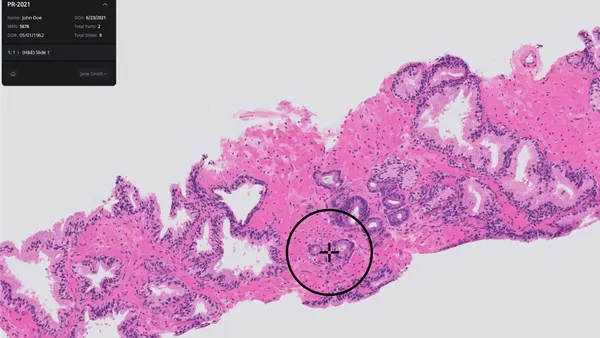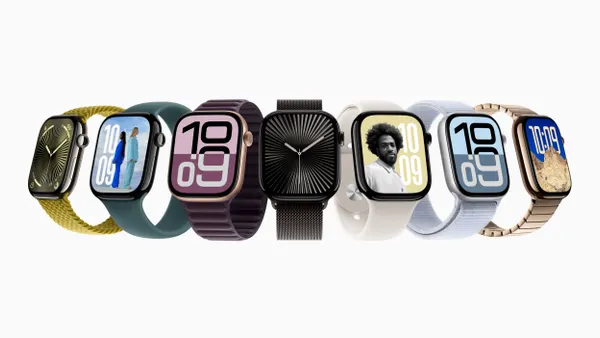Dive Brief:
- The Food and Drug Administration has proposed changes to its breakthrough device program to clarify the language about technologies that benefit populations suffering from health disparities.
- Through the draft document, the agency is seeking feedback on changes to two sections of the breakthrough guidance it finalized in 2018. The sections address designation considerations and the designation review process
- If it finalizes the proposal, the FDA will expand its breakthrough program to devices that improve accessibility because they may be more effective in patients with limited or no available options.
Dive Insight:
To qualify for the breakthrough program, a device must potentially provide “more effective treatment or diagnosis of life-threatening or irreversibly debilitating human disease or condition.” The FDA’s current guidance asks whether there is evidence the investigational device could be more effective than existing options, without considering access to the technologies.
The draft proposal would expand the consideration of the “more effective” criterion, specifically by explaining that the agency “considers the totality of information regarding the proposed device, its function, potential for technical success, potential for clinical success, potential for a clinically meaningful impact, and its potential benefits and risks.”
The FDA also is proposing to add a subsection titled “Reducing disparities in health and health care.” In the proposed subsection, the regulator states that disparities exist across multiple dimensions including race and socioeconomic status, and that addressing them is important for improving health outcomes. As such, the FDA “intends to consider technologies and device features that could allow for improved accessibility” when assessing if a technology may be more effective than the standard of care.
“For example, improved accessibility of a device may be considered as reasonably expected to be more effective if there is information supporting its use in diverse settings such that a patient population with limited or no available options may have improved adherence to a prescribed medical regimen,” the FDA draft states.
The draft also features new text on confidentiality. While the agency will “generally” keep breakthrough device applications and decisions private, it may discuss designations that have already been made public, for example in a statement from the sponsor, and will disclose the breakthrough status of devices that obtain marketing authorizations.
The FDA is accepting feedback on the draft proposals until Dec. 20.













